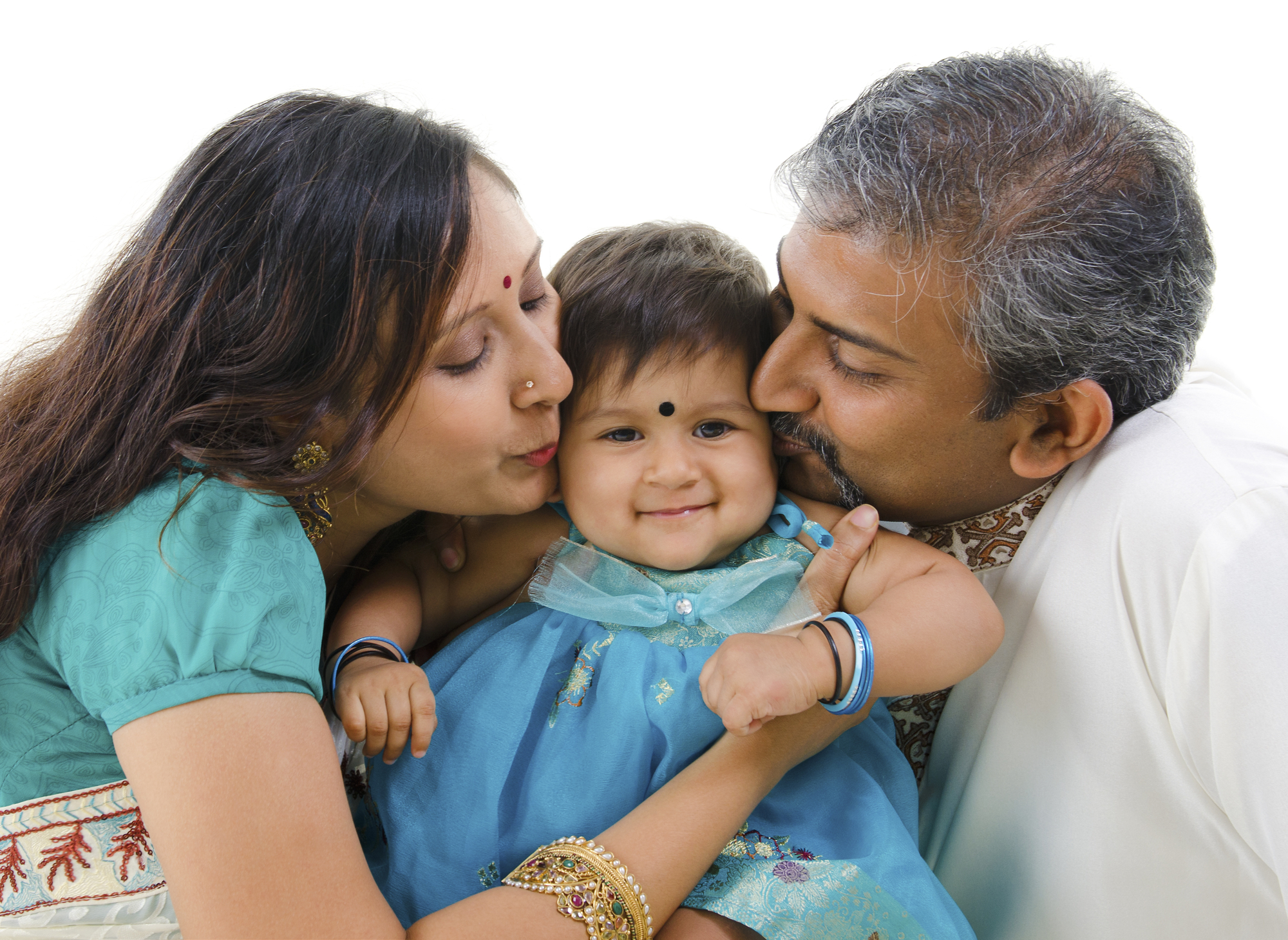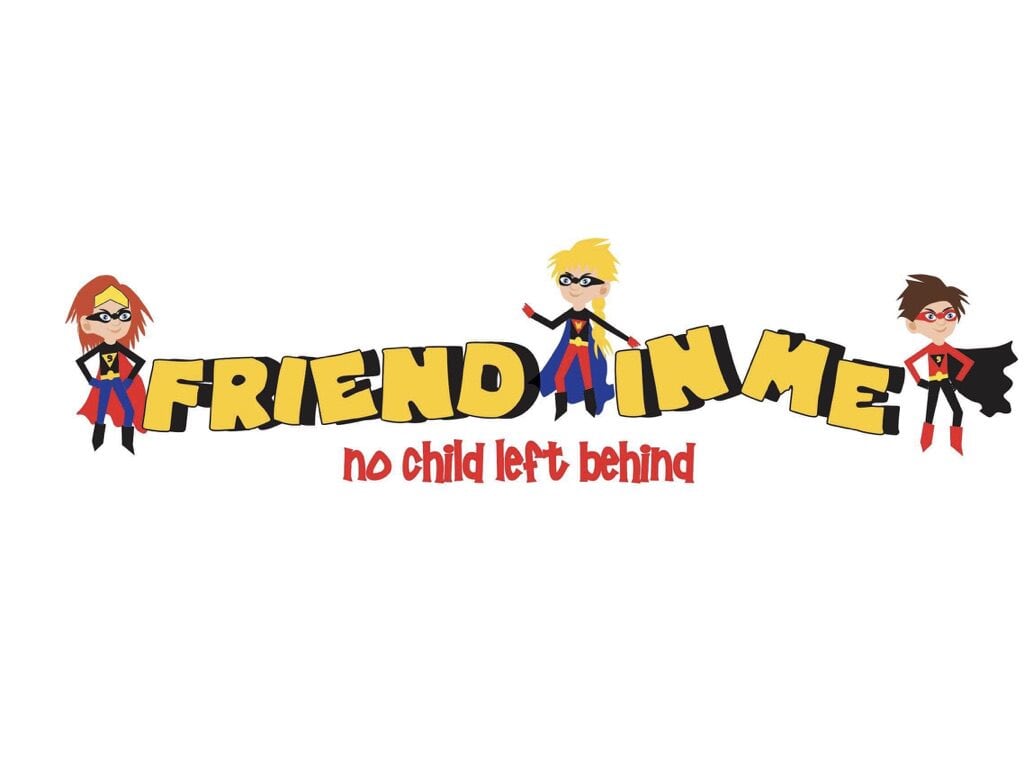Today in the world there are many people from many different cultures. This has resulted in many diverse people from different backgrounds the community, which in turn has resulted in many children from different cultures attending early childhood education services. We need to embrace these cultures and celebrate them in an ethical and sensitive way. Children can learn so much from different cultures such as food, activities, languages and traditions.
It is our role to embrace the diverse cultures of our community. This can be done in many ways. The most important factor is that whichever way we choose, that we are sensitive and respectful in our ways. Cultural education in the early childhood environment can demonstrate a sense of belonging and respect to the community. Educators in the childcare setting need to me mindful that culture is not just based on race of religion, but also extends to gender and sexuality. Childcare is a great place for children learn about diversity.
Children in early childhood education services come from many different family backgrounds. Some children will come from the traditional 2 parent background, with a mother and a father. Some children might come from a blended family with step parents and siblings. Other children might come from same sex partnerships. Culture is the fundamental building block of identity children who develop a strong cultural identity will have a healthy sense of who they are and where they belong.
How do we celebrate different cultures? It’s easy to do! First look at what cultural celebrations are on each month. This could be topics such as Chinese New Year or Passover etc. Pick one of those celebrations and plan a week full of activities dedicated to that culture. The best part about this is that if your children have friends from that culture you can all get involved. Children love to dress up so even a day dedicated to cultural dress is a great way for children to be exposed to different ideas and cultures. An activity such as this will generate much discussion amongst the children and may even extent itself to further discussions in exploring different cultures.
As adults we have the privilege and ability to help shape a child’s life. This can only be done if we all work together for the same outcome. Children learn when those around them respect diversity and provide them with the best support, opportunities and experiences. Create inclusive and fun experiences for children. Take them to cultural festivals, museums and restaurants. Cook meals that are different and interesting. Make learning fun and exciting.
Celebrate diversity every day in many ways. Support each child’s identity and by doing this you are creating informed and culturally diverse children. Don’t be afraid to think outside the box and celebrate all cultural diversity from nationalities to different genders and sexuality. The more children are exposed to topics such as this, the stronger their own identity will become.









